MONTREAL – An inquiry into Quebec’s student protest movement launched Monday, in an effort to understand the movement that swept the Liberal’s from power and for months kept university education at a standstill.

READ MORE: Quebec inquiry into ‘Maple Spring’ kicks off Monday
Unlike the Charbonneau Commission into government construction contracts, the inquiry will not have strong investigative powers.
It doesn’t have an investigator and it can’t levy penal or civil penalties, it can’t subpoena witnesses and it doesn’t interrogate or cross-examine witnesses.
It’s mandate deals more with social aspects of what caused the often angry student protests and precipitated the police reaction that followed.
The inquiry, now known as the Ménard Commission after its chairman, Serge Ménard, will also concentrate on two major events during the so-called Maple Spring: a violent protest that erupted at the Palais de Congrès in April 2012, and another protest in Victoriaville the following month.
According to Ménard, between February and September of 2012 alone, there were 532 demonstrations involving 750,000 protesters and more than 34,000 police.

Get daily National news
Mass arrests totalled more than 2,000.
The figures beg the question: did the protests accomplish its aims? Was it worth it?
A resounding yes, says Antoine Genest Gregoire, the president of the union representing the province’s university students.
“We abolished the tuition hike. That should be the main thing that we remember as what that movement led to,” he said.
But according to McGill University Provost Anthony Masi, it led to a funding situation that puts all the province’s universities in a bind.
“At McGill the cuts that were announced amounted to $38 million, and the foregone tuition was another $18 million,” Masi noted.
“So we lost $56 million in revenues.”
The commission will continue to call witnesses this week.
Let us know what you think.






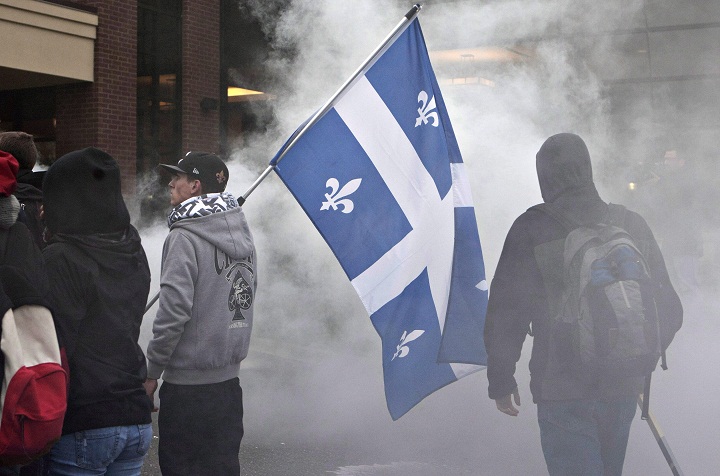

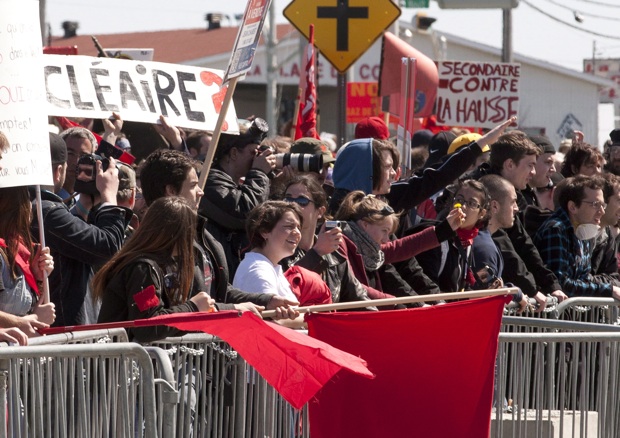

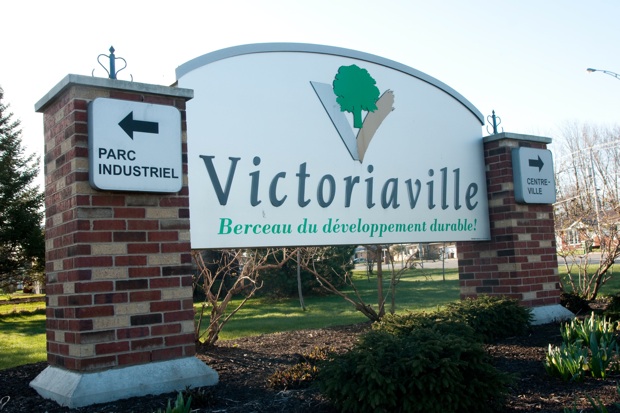

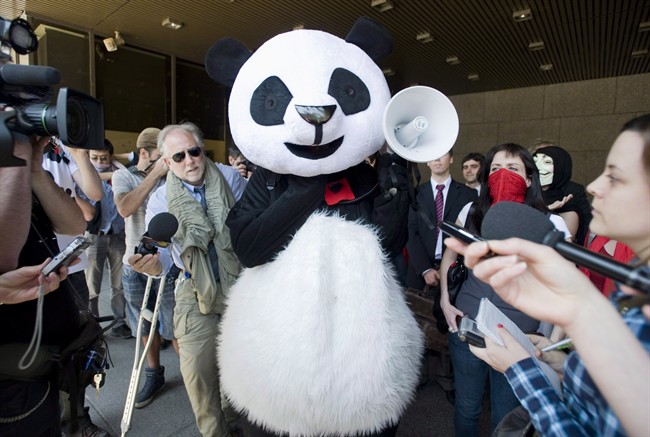



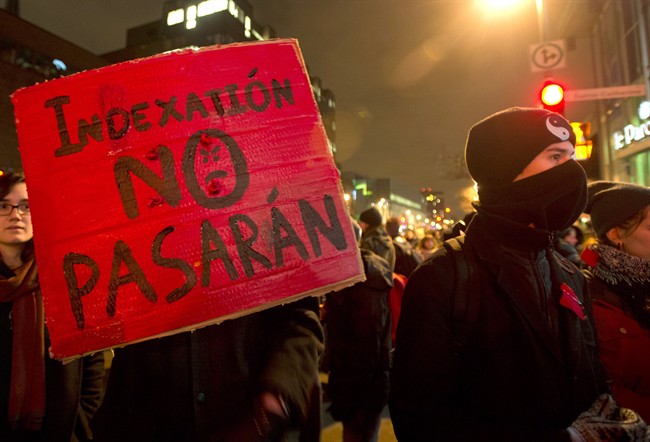



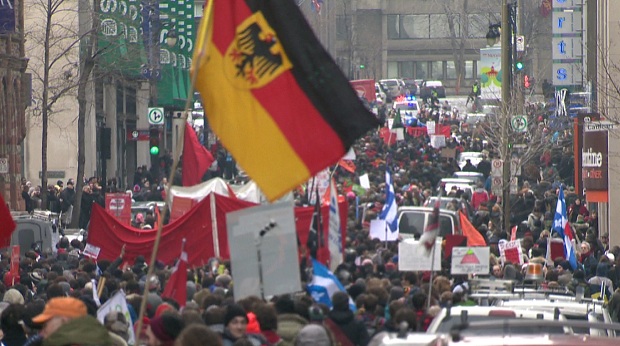

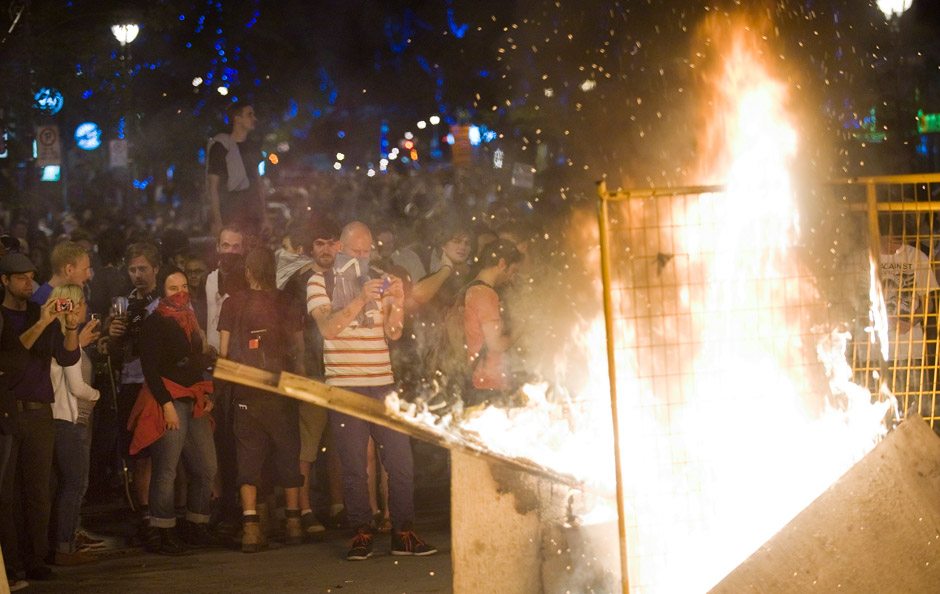

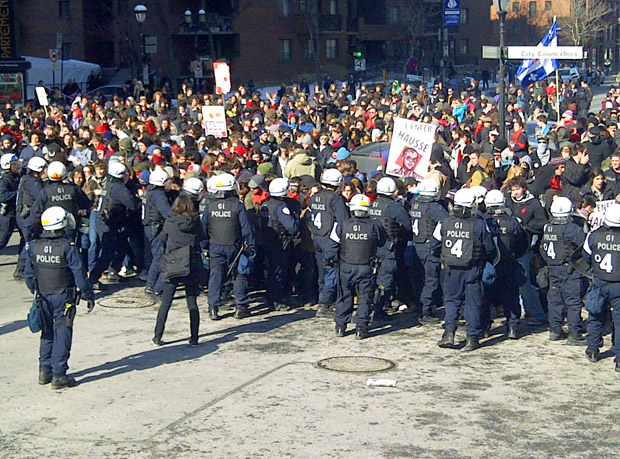

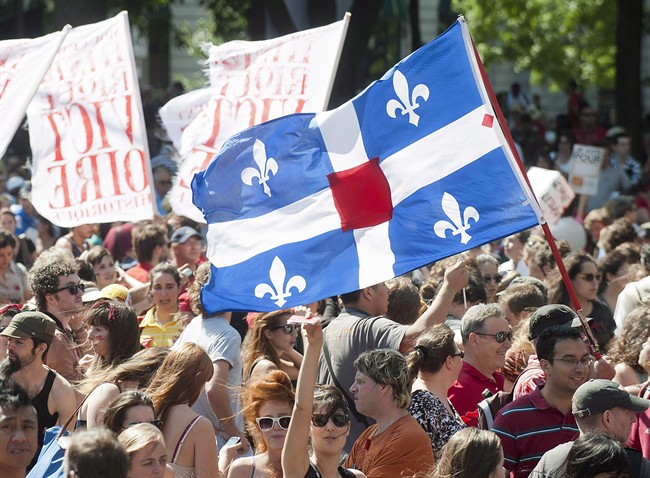

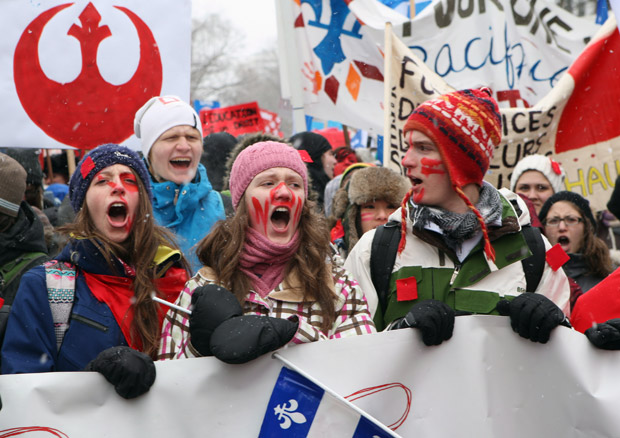

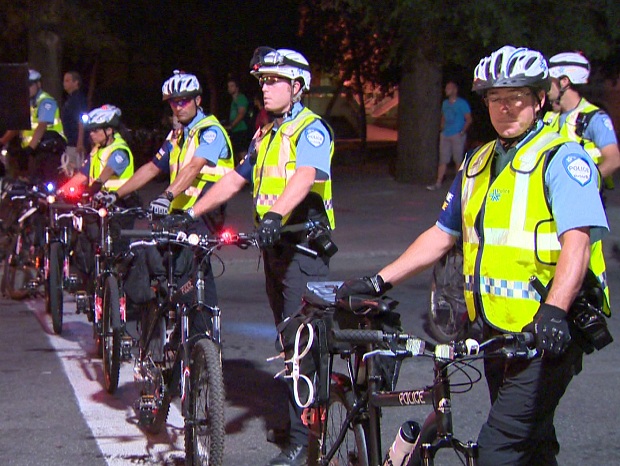

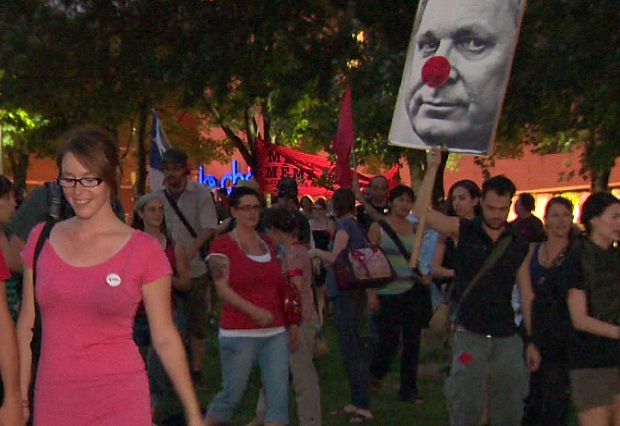

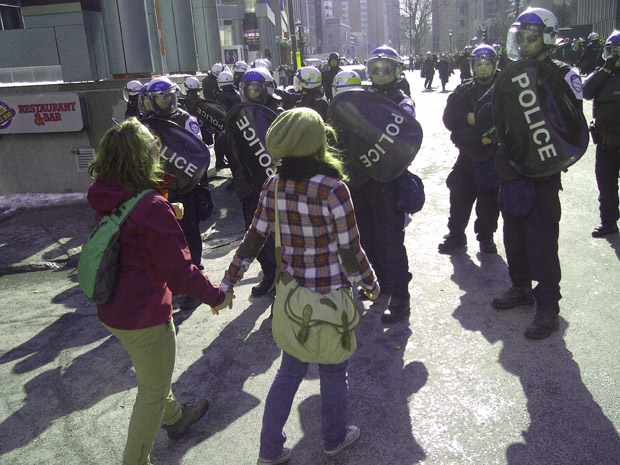




Comments
Want to discuss? Please read our Commenting Policy first.